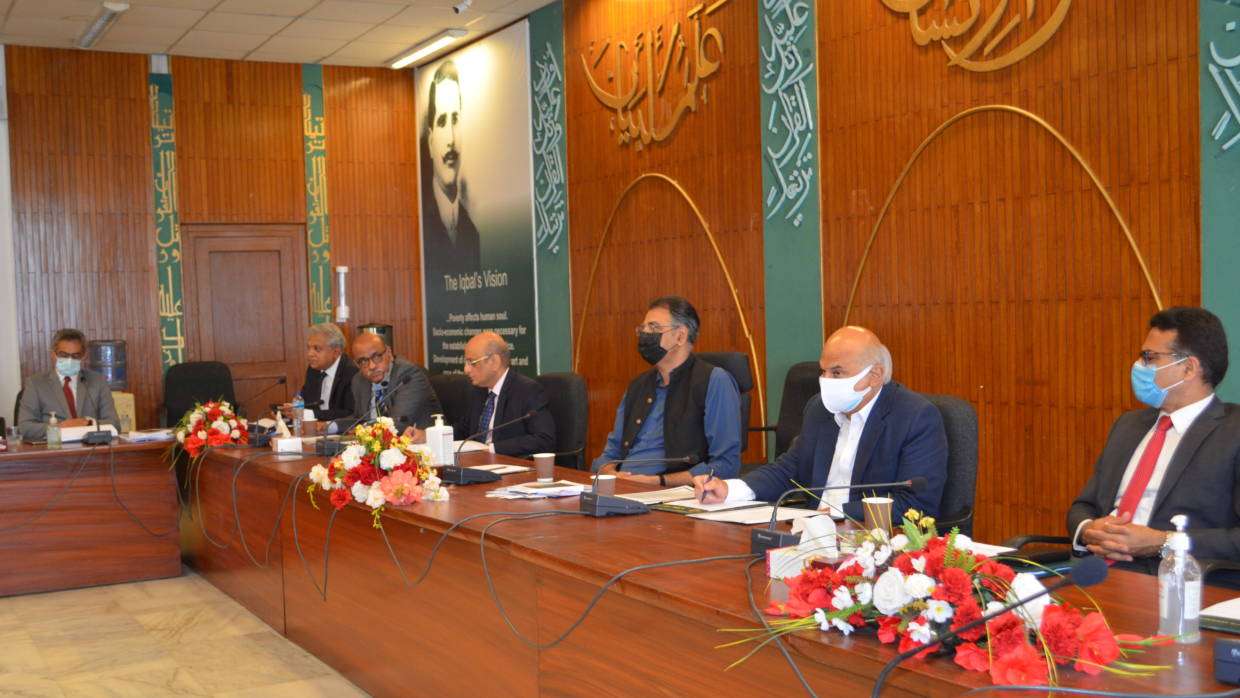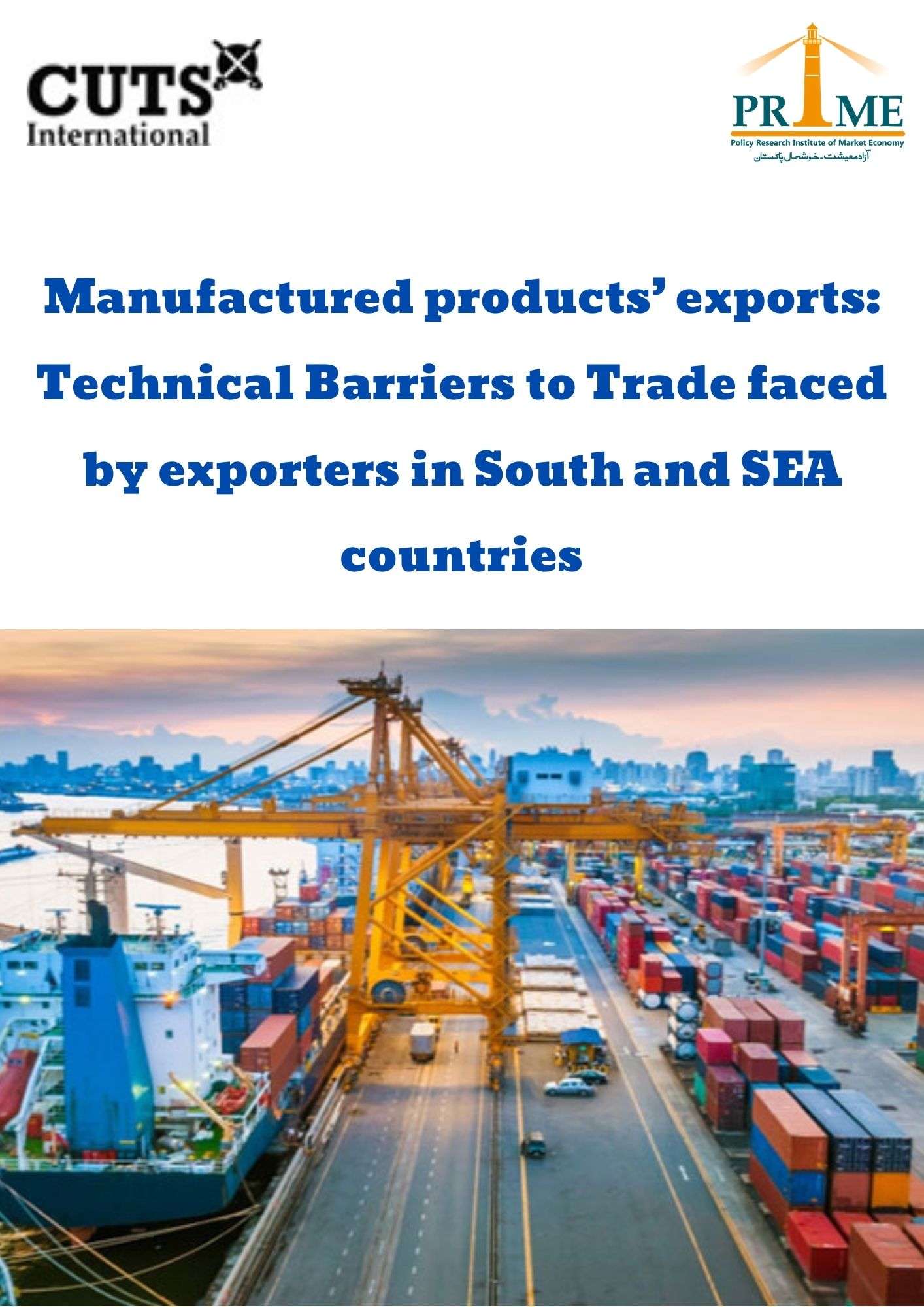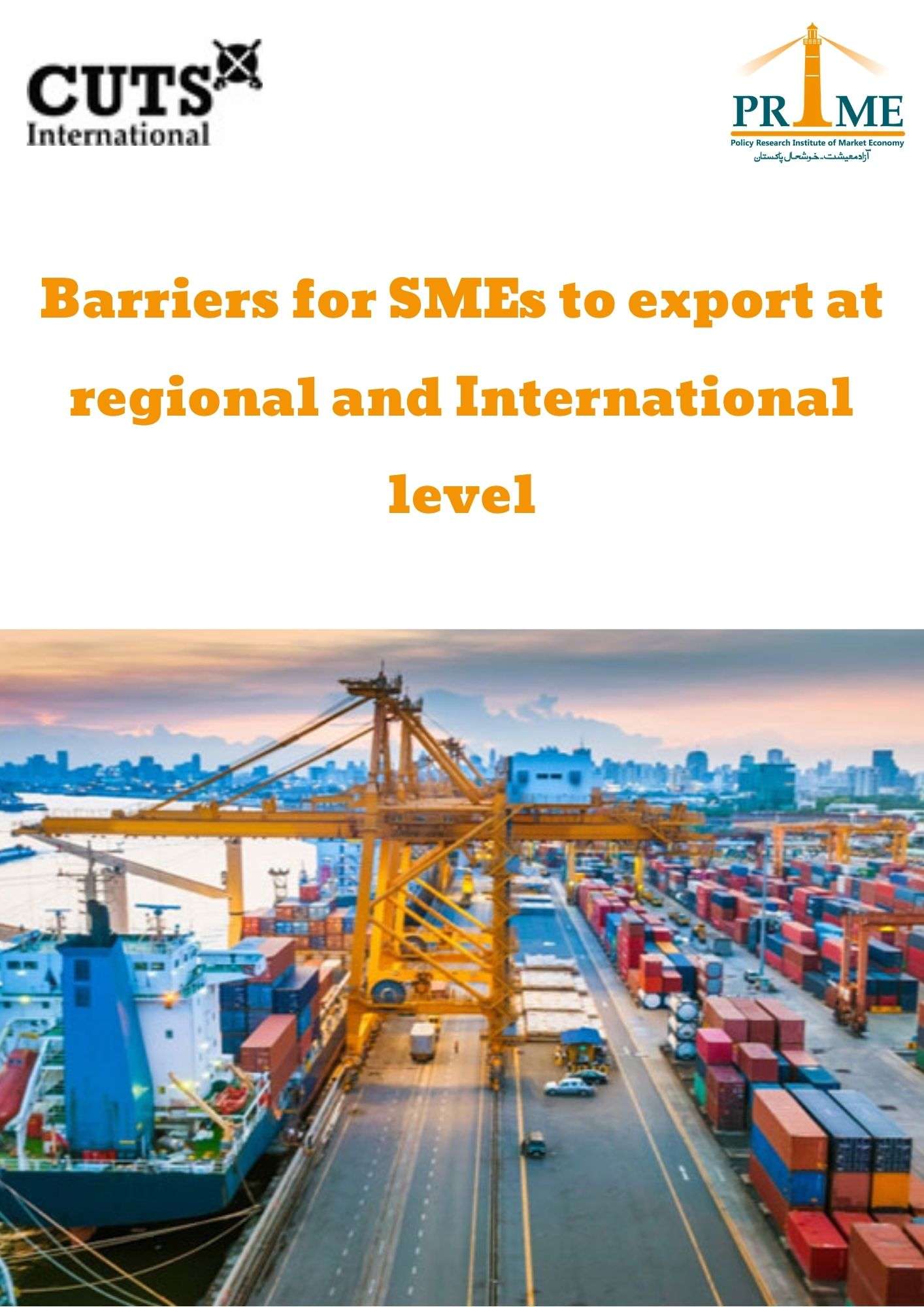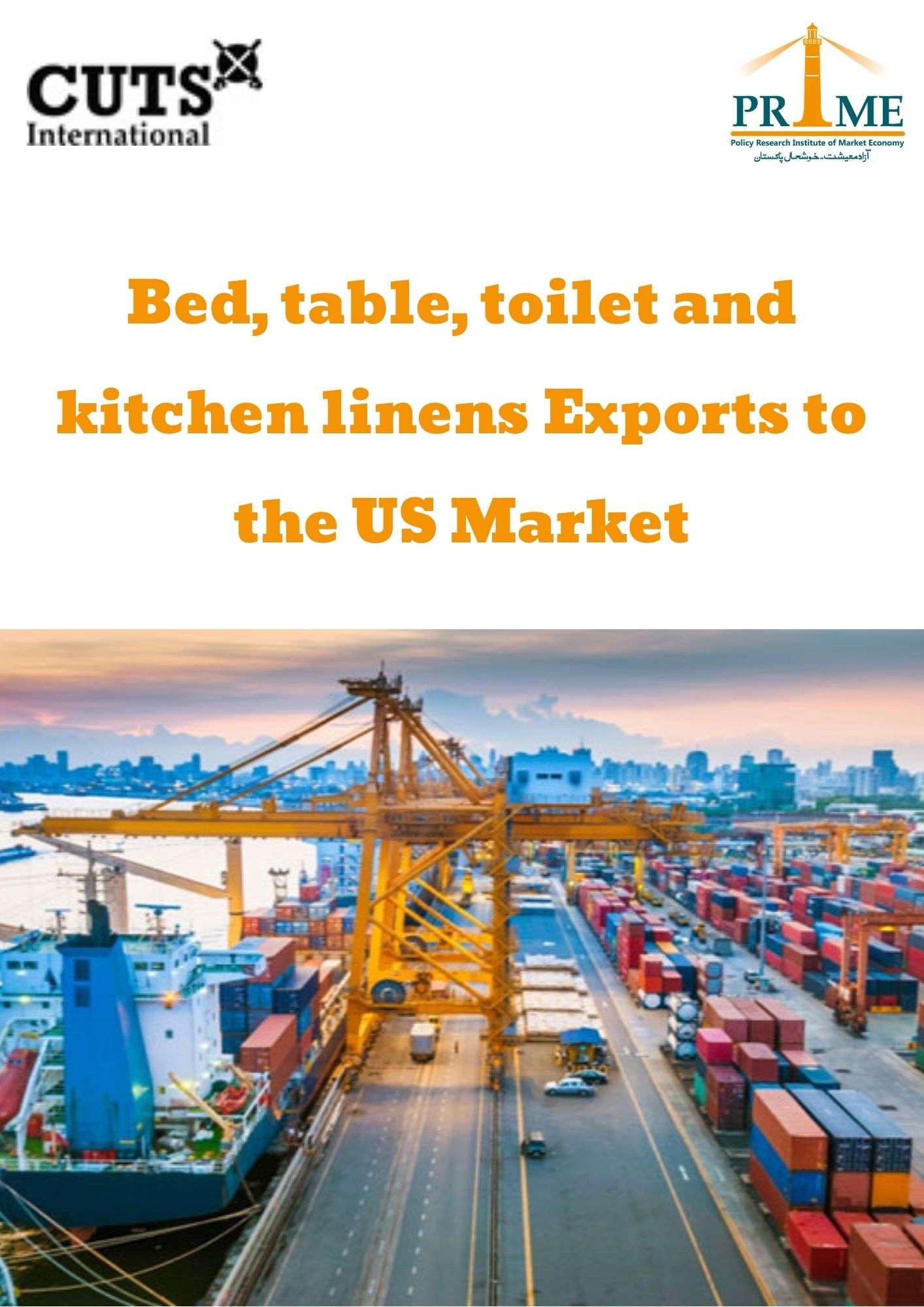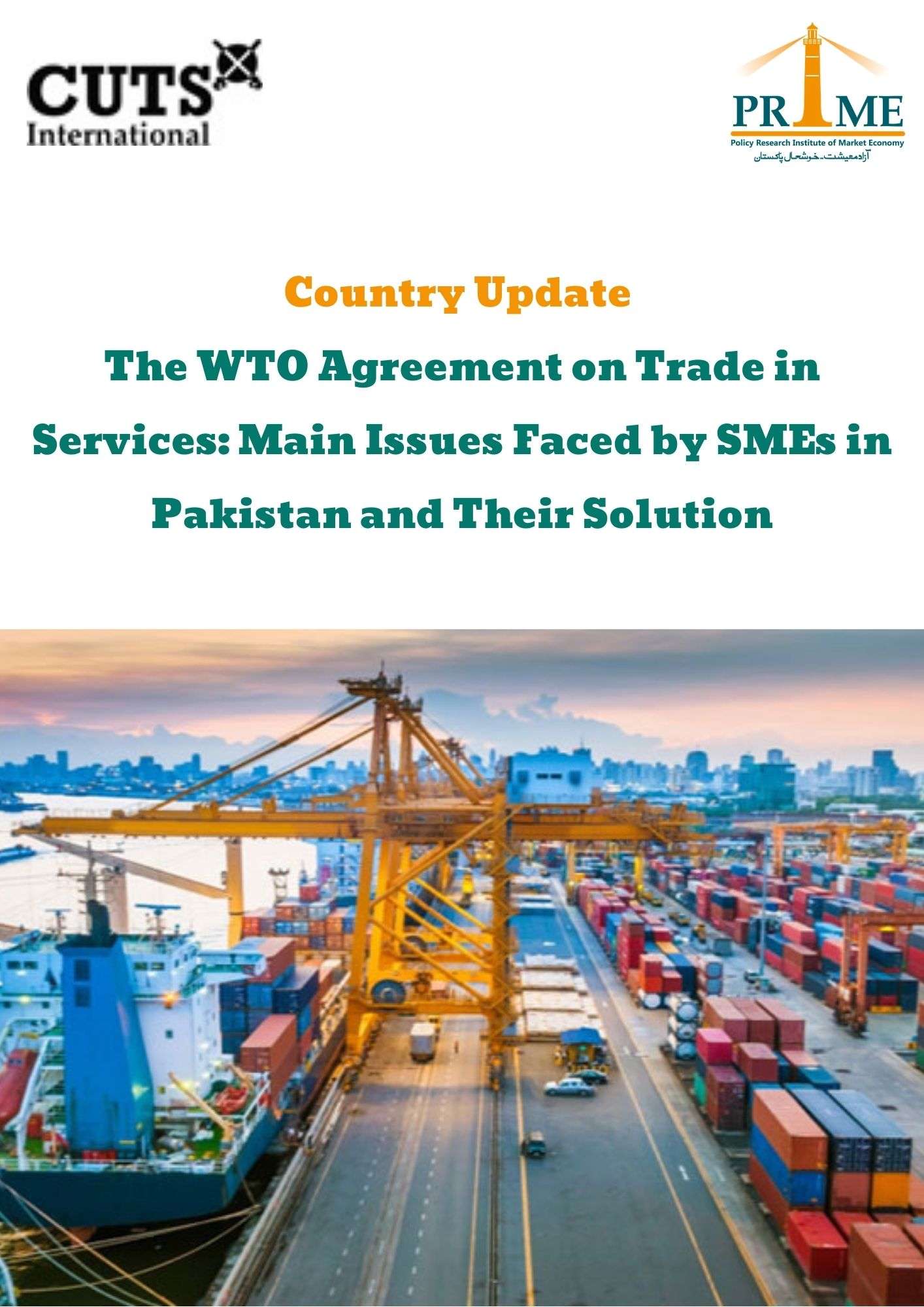PM Construction Package
With the increasing population of the country, the need for housing units has also been increasing. While the current capacity of developers in the country is to deliver only 150,000 housing units per year, the actual demand stands at 350,000 new housing units per year. This leaves a shortfall of 200,000 units each year. Given this demand and sectoral linkages of the construction sector, the Prime Minister Imran Khan announced a major package on the 10th July 2020, which has been warmly welcomed by all concerned stakeholders in the industry.
To Read the policy note, click on the PDF file given below:
prime note on PM construction package






